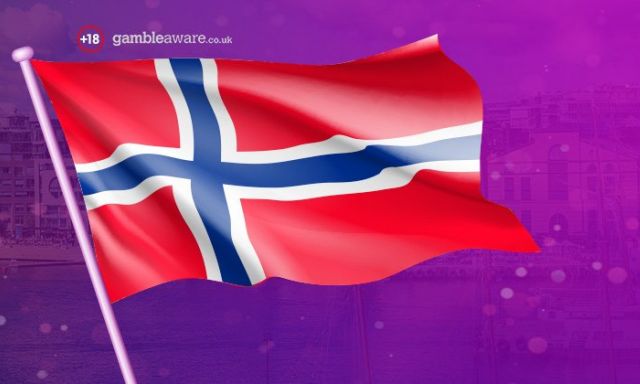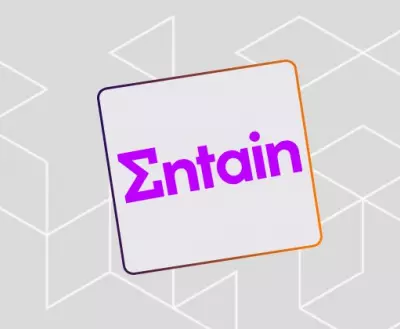Governments across the world continue to be engaged in creating and developing their own systems for regulating online casinos. In countries like the UK, an open approach is welcomed, with international operators and domestic operators equally welcome to trade in the UK. Obviously there is the requirement for a UK Gambling Commission license for any operator looking to run a compliant site in the UK, like us at PartyCasino UK, but beyond that, there are very little other restrictions.
By contrast, Norway employs a state gambling monopoly, known as Norsk Tipping, which is seeks to fiercely protect from outside competition. As part of the latest series of measures to come from the country, the government are now considering introducing a further series of restrictions on payments to international operators, in an attempt to limit the opportunities for players straying from the state monopoly online.
In the last few days the Norwegian gambling regulator, the Lotteri-og Stiftelsestilsynet, put out a consultation on its fresh ideas about how to restrict players accessing international operators – including the payment restrictions.
The proposals include plans to reassert the obligations of financial companies, which are required by law to block payments to unauthorised gambling operators – that is, anyone other than those recognised by the state monopoly.
Despite the current laws, estimates show that around 40,000 transactions from Norwegian gamblers every day are going astray. The new measures would be designed to limit the ability of these gamblers to move their money into international operators, in a bid to cut off their supply of Norwegian customers.
Previously, this policy has been managed by banks preventing transactions to specific account numbers. However, operators simply changed bank account numbers on a regular basis to get around these restrictions. Now, the regulator wants to instruct banks to work on the basis of account names, to seek to wholly eradicate the problem.
The powers would also include the ability of the regulator to demand transactional information relating to specific account names, while still protecting consumer data privacy laws, effectively giving the regulator a power of inspection on demand, to ensure the policies are being applied.
If the powers are to become law, they are expected to come on-stream from January next year, 2019. Should they pass the consultation phase, it is envisaged that they could come with a range of other measures designed to protect against gambling.
The prevailing regulatory wind is blowing against gambling for the time being in Norway, including prominent calls from opposition politicians for the state’s wealth oil fund to divest from its holdings in gambling and casino brands.
Plans from the Minister of Culture to trial a licensing scheme in Norway were also dealt a fatal blow at the first hurdle, and proposals for DNS-level blocking of gambling sites are already under active consideration.
Taken together, these measures could represent a concerted attempt to shut down international gambling, and close the Norway market to services provided by the state monopoly only.
This is clearly the wrong approach, and a cursory analysis of healthy-functioning international gambling markets like the UK demonstrates that competition is always the best option – both for consumers, and ultimately, for jobs, revenues and the industry as a whole.
While even the UK has its gambling sceptics, it’s important for governments and regulators to strike a balance – one that welcomes competition and the increased tax revenues it can bring, while recognising the need to provide a firm regulated structure for an effective gambling market.








